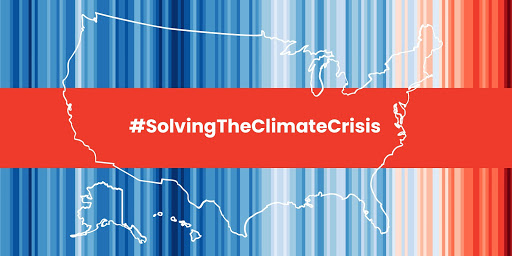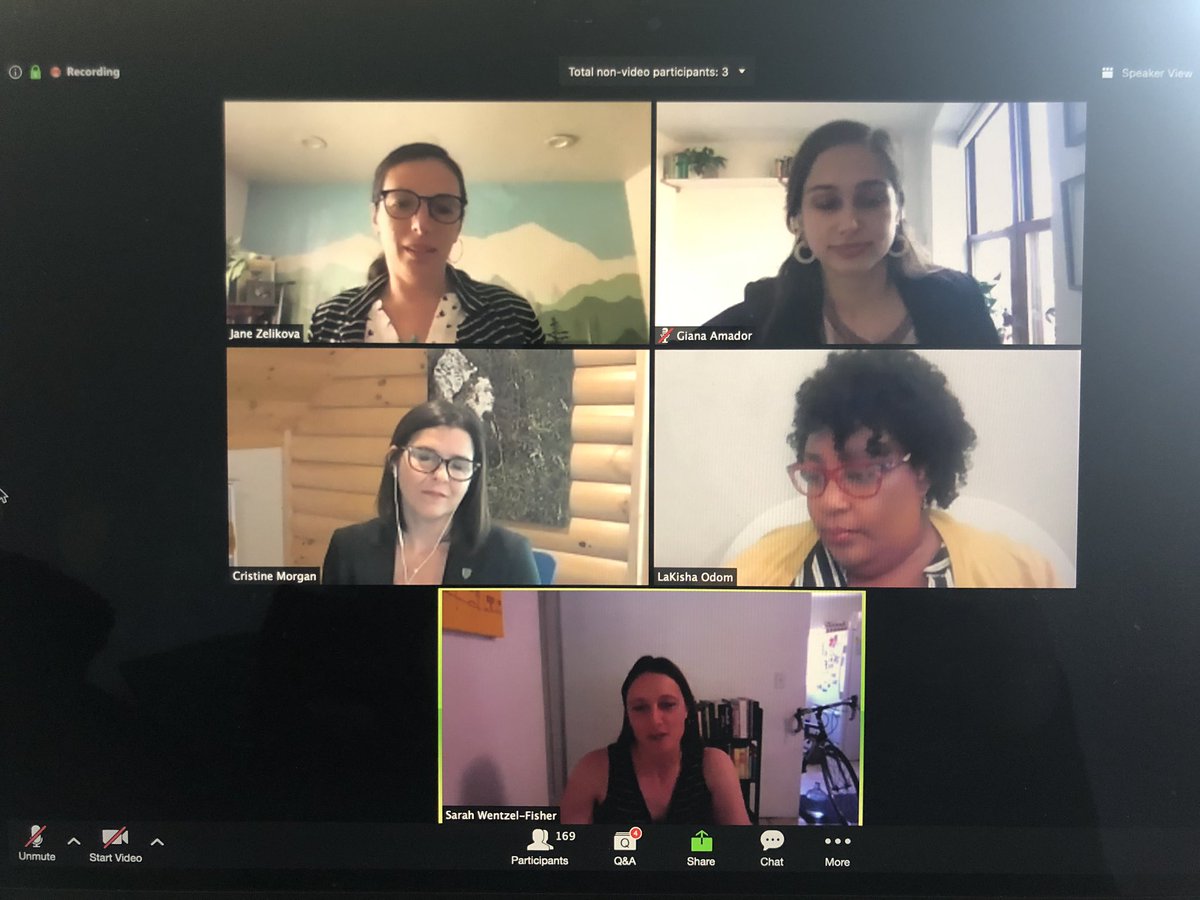
A new breed of climate NGO on a mission to reverse two centuries of carbon emissions. Subscribe 👉 https://t.co/3uhra9qWVV
How to get URL link on X (Twitter) App


 After power reading all 500+ pages, we commend @HouseDemocrats for putting forth a roadmap that addresses the full portfolio of carbon capture approaches. Soils, forests, DAC, CO2 storage, BECCS! We’re thrilled to see many of the reccs we put forth incorporated throughout.
After power reading all 500+ pages, we commend @HouseDemocrats for putting forth a roadmap that addresses the full portfolio of carbon capture approaches. Soils, forests, DAC, CO2 storage, BECCS! We’re thrilled to see many of the reccs we put forth incorporated throughout.


 Measurement is a key challenge but what gets measured gets counted.
Measurement is a key challenge but what gets measured gets counted.